As a responsible pet owner, it is crucial to choose a dog collar that provides both comfort and safety for your furry friend. With a wide range of options available, it can be overwhelming to determine which collar is best suited for your dog.
In this article, we will explore various types of dog collars, discuss their pros and cons, and identify the most comfortable option for your beloved companion.
Types of Dog Collars:
Flat Collars:
These are the most common and basic types of dog collars. They are made of nylon or leather and feature an adjustable buckle closure.
Flat collars are suitable for everyday use and provide a secure attachment point for tags and identification. Also consider a reflective dog collar, safety first!
Flat collars for dogs are fundamental accessories for daily walks and identification purposes. These collars, typically made from durable materials like nylon, leather, or fabric, provide a simple yet effective way to attach a dog's ID tags and leashes.
They are lightweight and comfortable, designed to encircle the dog's neck without causing discomfort or restricting movement.
Flat collars come in various colors, designs, and sizes to suit different breeds and preferences, allowing dog owners to express their style while ensuring their pet's safety.
Whether for training, identification or merely as a fashionable addition, flat collars remain a staple in a dog's wardrobe, offering a practical and versatile solution for everyday use.

Martingale Collars:
Martingale collars consist of a flat collar with an additional loop that tightens when the dog pulls, preventing them from slipping out.
They are gentle on the neck and ideal for dogs that tend to back out of traditional collars.
Martingale collars for dogs are a specialized type of collar designed to offer gentle control while preventing dogs, especially those with narrower heads like Greyhounds, Whippets, or other similarly built breeds, from slipping out of their collars.
They consist of a length of material with a smaller loop that tightens when tension is applied but has a limit to how much it can constrict, preventing choking.
The design includes a section that allows for limited tightening to prevent escape without causing injury or discomfort.
Martingale collars are often favored by dog trainers and owners looking for a balance between control and safety.
They provide an excellent option for dogs who tend to back out of traditional collars or those who need gentle correction during walks.
With their secure yet gentle mechanism, these collars are widely appreciated for both their safety and training benefits in various canine situations.
Choke Chain Collars:
Choke chain collars, also known as slip collars, are designed to provide quick corrections during training.
However, they can cause discomfort and injury if used improperly. It is essential to seek professional guidance when using this type of collar to ensure its safe and effective use.
Choke chain collars, also known as slip collars, are training collars designed to provide a form of correction during obedience training.
These collars consist of a length of chain with rings at both ends.
When attached to a leash, they form a loop around the dog's neck, allowing for a quick, corrective jerk or release of tension to reprimand or redirect a dog's behavior.
When used properly by experienced trainers, these collars can help communicate commands effectively.
However, misuse or excessive force can lead to injury, discomfort, and behavioral issues.
Due to their potential for harm, many trainers and veterinarians caution against their use, preferring positive reinforcement training methods and gentler, more humane collar alternatives to avoid causing distress or physical harm to dogs during training sessions.

Prong Collars:
Prong collars have metal prongs evenly spaced around the collar, which apply pressure when the dog pulls. While they can be effective for certain training purposes, prong collars should only be used under the supervision of a qualified trainer.
They can cause pain and potential injury if not used correctly.
Prong collars, also referred to as pinch collars, are training tools designed to provide a form of correction during obedience training.
They consist of interlocking metal links with blunted prongs that, when pressure is applied, create discomfort to discourage pulling or misbehavior.
These collars are intended to mimic the corrective nudge a mother dog might give to her puppies during training.
However, prong collars are controversial due to their potential to cause pain and injury when used incorrectly or with excessive force.
While some trainers find them effective for controlling strong or stubborn dogs, many experts and organizations advise against their use, emphasizing positive reinforcement techniques and more humane training methods to avoid causing unnecessary discomfort or harm to dogs.
Careful and knowledgeable use is crucial if employing prong collars, and they are generally not recommended for most pet owners due to the potential for misuse and harm.
Harnesses:
Harnesses distribute the pressure from pulling across the dog's chest rather than their neck. They are particularly beneficial for small breeds or dogs with respiratory issues.
Harnesses provide better control and reduce the risk of neck injury.
Harnesses for dogs offer an alternative to traditional collars by distributing pressure across the dog's body rather than focusing it on the neck.
They come in various styles, including back-clip, front-clip, and dual-clip designs, offering different levels of control and support.
Back-clip harnesses have a D-ring on the dog's back and are suitable for well-behaved and trained dogs, providing freedom of movement and reducing strain on the neck.
Front-clip harnesses have a ring at the dog's chest, aiding in redirecting the dog's attention and reducing pulling during walks. Dual-clip harnesses combine both front and back attachment points, offering flexibility and control.
Harnesses are particularly beneficial for dogs prone to neck injuries or those with respiratory issues.
They are favored for training, daily walks, and dogs that tend to pull on leashes, promoting a more comfortable and secure walking experience while allowing better control and reducing strain on the dog's neck.
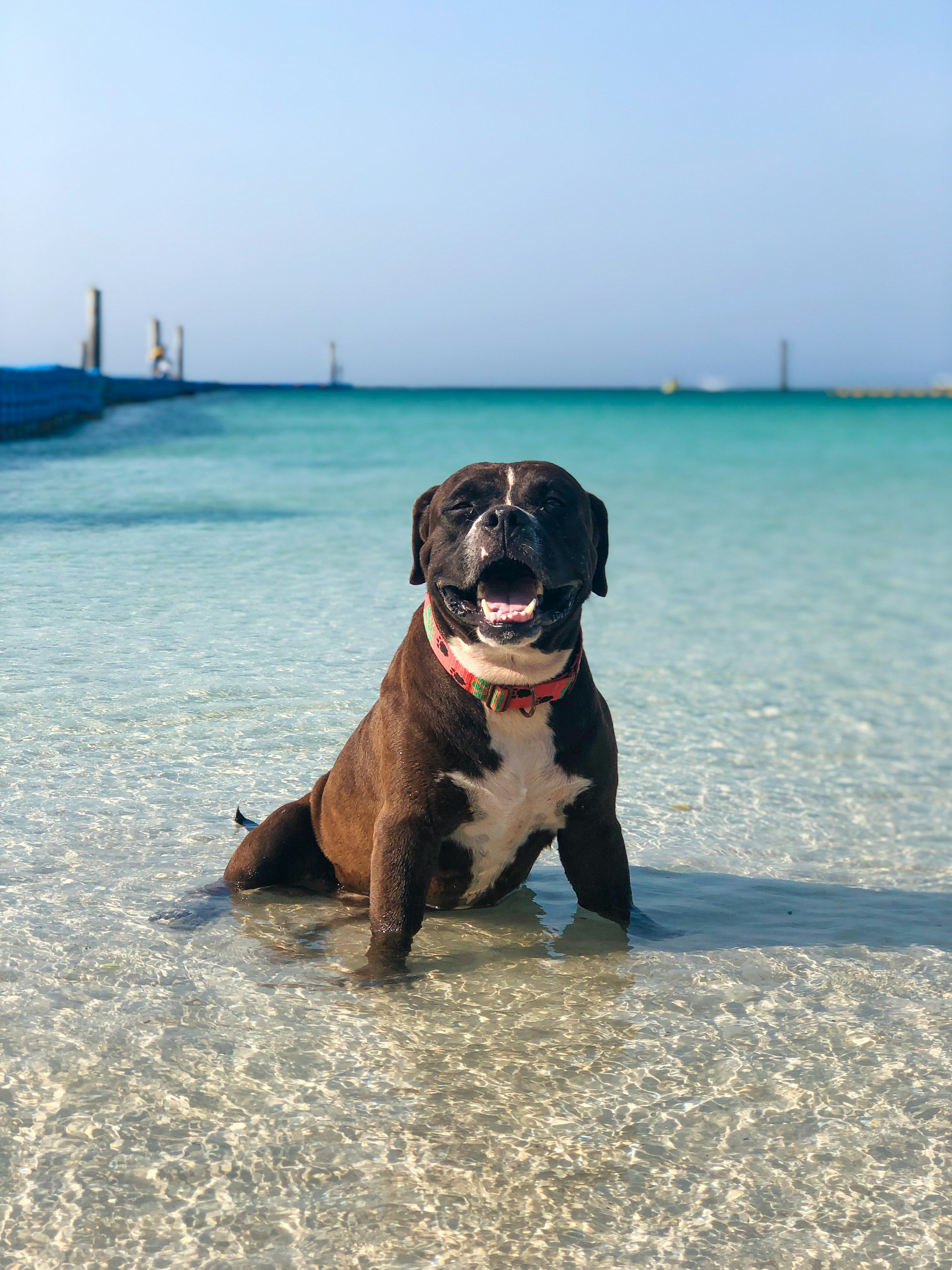
The Most Comfortable Dog's Collar:
Among the various types of dog collars, the most comfortable option for dogs is the harness.
Harnesses eliminate pressure on the neck and distribute it across the chest and shoulders, reducing strain.
They are especially beneficial for dogs prone to pulling or those with respiratory conditions. If you prefer a regular type collar, a flat nylon collar is also a good choice for comfort.
Proper Fitting and Safety Tips:
Regardless of the type of collar you choose, ensuring the proper fit is essential for your dog's comfort and safety. Follow these tips:
- Measure your dog's neck accurately to select the correct size.
- Leave enough space for two fingers to fit snugly between the collar and your dog's neck.
- Regularly check the collar for signs of wear and tear and replace it when necessary.
- Avoid leaving collars on your dog 24/7, as they may cause discomfort or skin irritation.
- Gradually introduce your dog to wearing a collar to help them adjust comfortably.
- Never leave your dog unattended while wearing a collar to prevent accidents or injuries.
- Consult with a professional trainer or veterinarian for personalized advice based on your dog's specific needs.

Some Final Thoughts
Choosing the best dog collars for your dogs is crucial for their comfort, safety, and overall well-being. While there are various types available, harnesses are generally considered the most comfortable option, particularly for dogs that tend to pull or have respiratory issues.
Remember to prioritize proper fit, regularly assess collar condition, and consult with professionals when needed. With the right collar, your furry companion can enjoy walks and adventures in comfort and style.
FAQ's
1. What makes a dog collar comfortable for my pet?
A comfortable dog collar typically features padded materials, like neoprene or soft leather, to prevent chafing and irritation around your dog's neck.
2. Are there specific collar styles that are more comfortable for dogs?
Rolled leather collars or martingale collars are known for their comfort. The rounded design of rolled collars minimizes the matting of fur, while martingales offer a snug fit without choking.
3. Should I opt for a specific material when choosing a comfortable dog collar?
Yes, materials like nylon, neoprene, or soft leather are great choices. They are gentle on your dog's skin and reduce the risk of irritation.
4. What width of a collar is best for my dog's comfort?
The width of the collar should be proportionate to your dog's size. For smaller breeds, a narrower collar may be more comfortable, while larger dogs might benefit from wider collars for better support.
5. Can a harness be more comfortable than a collar for some dogs?
Yes, for dogs with respiratory issues or those prone to pulling, a harness might distribute pressure more evenly across the chest, providing comfort and reducing strain on the neck.
6. How can I ensure the collar doesn’t cause discomfort during walks?
Regularly check the fit to ensure it's snug but not too tight. Avoid leaving the collar on continuously, especially if your dog spends a lot of time indoors.
7. Is it essential to consider the weight of the collar for my dog's comfort?
A lighter collar is generally more comfortable. Heavy collars can cause unnecessary strain, especially for smaller or more sensitive breeds.
8. Can reflective or LED collars be comfortable for dogs at night?
Yes, these collars are designed for safety during nighttime walks. Ensure the lighting elements don’t cause any discomfort and that the reflective parts are integrated into the collar without sharp edges.
9. Are there specific features that add to the comfort of a dog collar?
Features like quick-release buckles, adjustable straps, and padded interiors enhance comfort and ease of use.
10. How do I know if the collar is causing discomfort in my dog's neck?
Watch for signs like excessive scratching or pawing at the collar, skin irritation or redness, reluctance to wear the collar, or any changes in behavior during or after wearing it.
Remember, every dog is different, so it's essential to observe your pet's comfort and preferences when selecting a collar. Consulting with a veterinarian or professional trainer can also offer valuable guidance in choosing the most comfortable collar for your dog.

Conclusion
Ah, the never-ending quest for the perfect dog collar. As dog owners, we want our pups to have the best - and that includes the best dog collar. But what type of collar is most comfortable for dogs?
Let's break it down. First up, a good choice would be a collar with neoprene padding. This material provides the ultimate comfort for your pooch - no more chafing or irritation on those long walks.
Next, the martingale collar. With its unique design, this durable collar is perfect for those escape artists who like to slip out of their collars. And of course, we can't forget about a collar with reflective stitching - safety first!
But ultimately, the best collar is the one that fits your pup just right. Because let's face it - dogs wear collars all day, every day. To find the perfect fit, add in some durable material (leather collar, perhaps?), and voila - you've got the best dog's collar around.
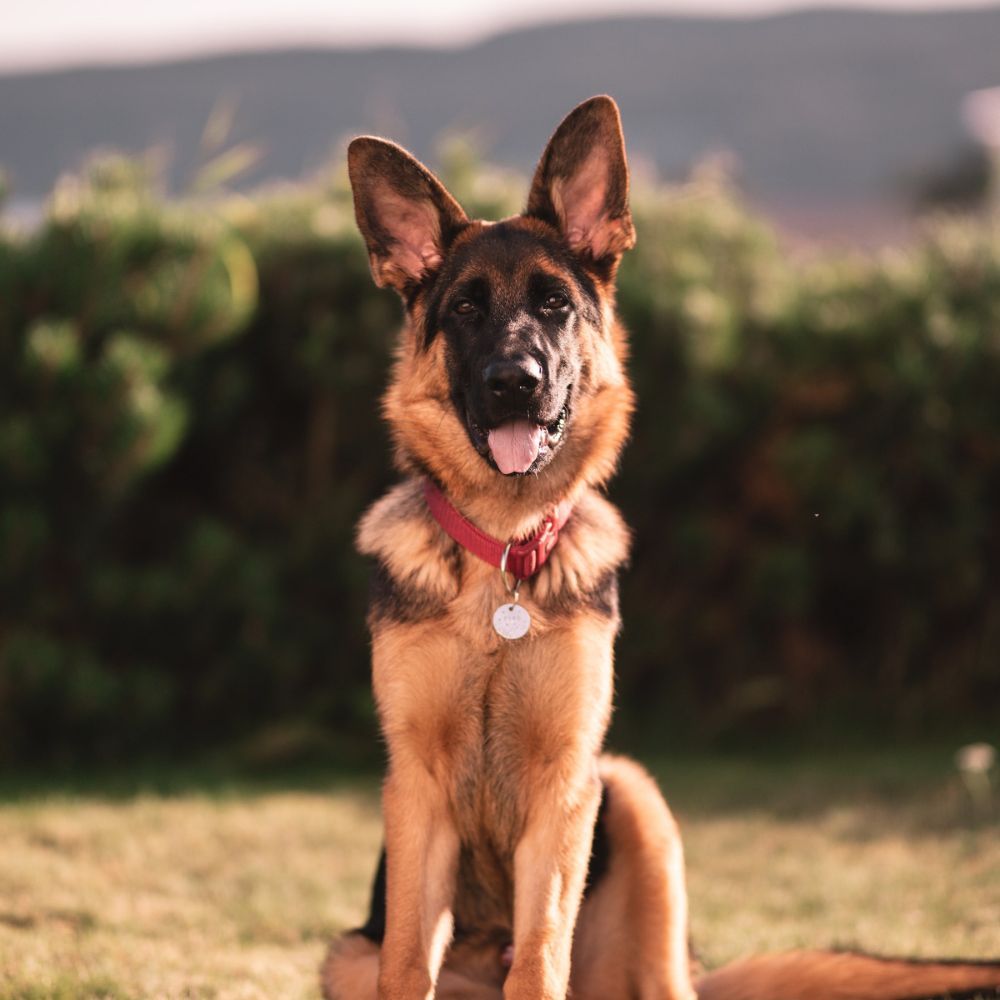


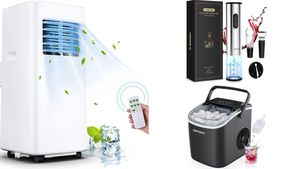

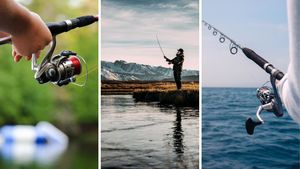

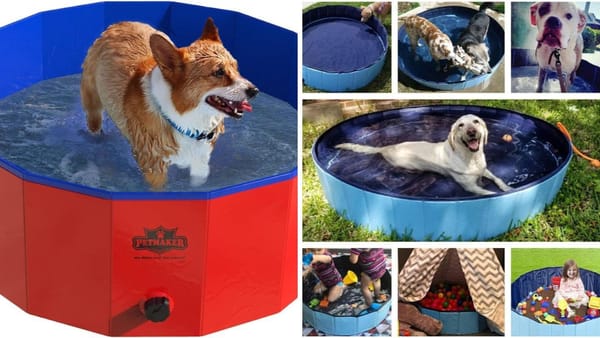

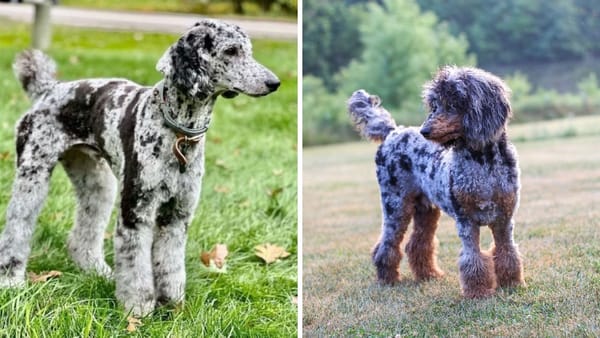
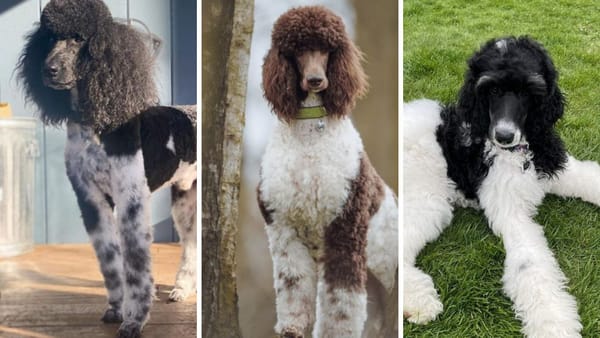

Member discussion